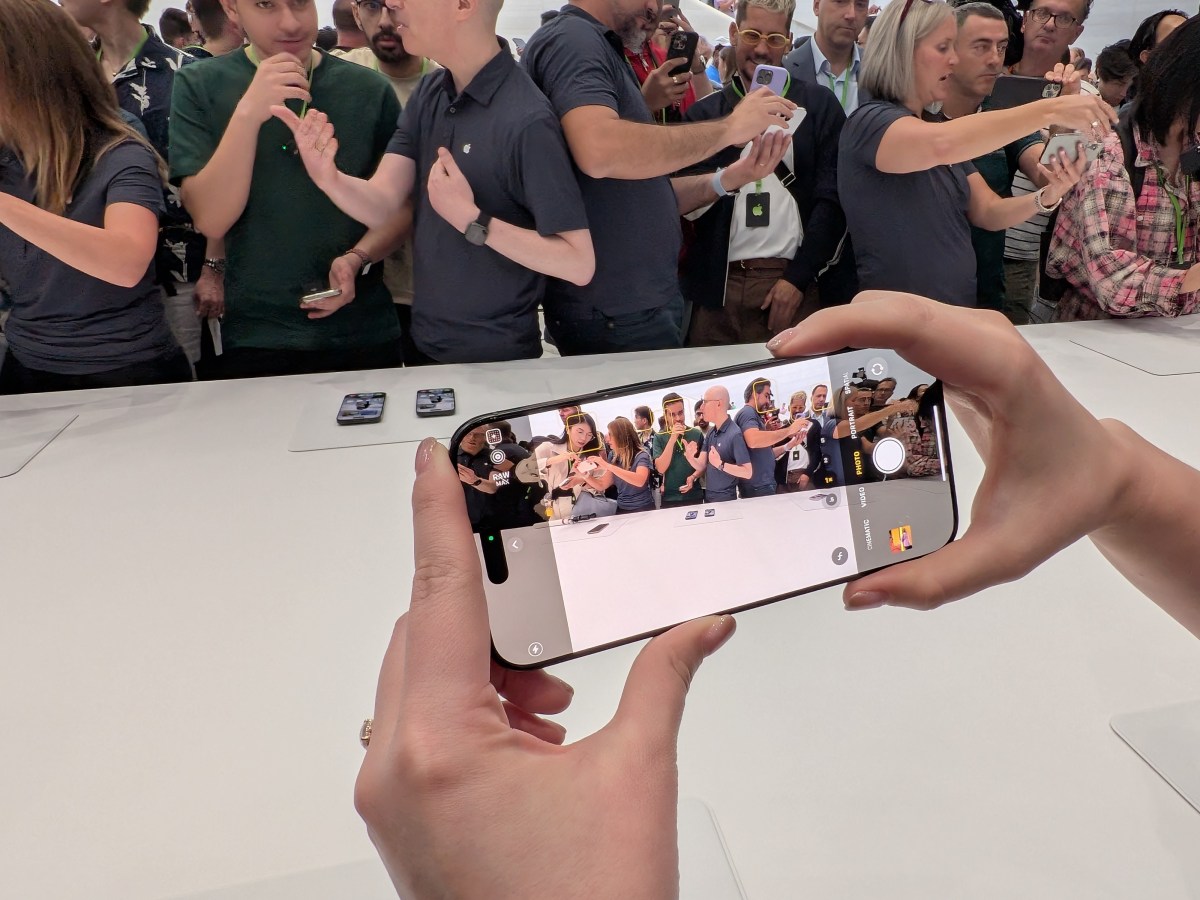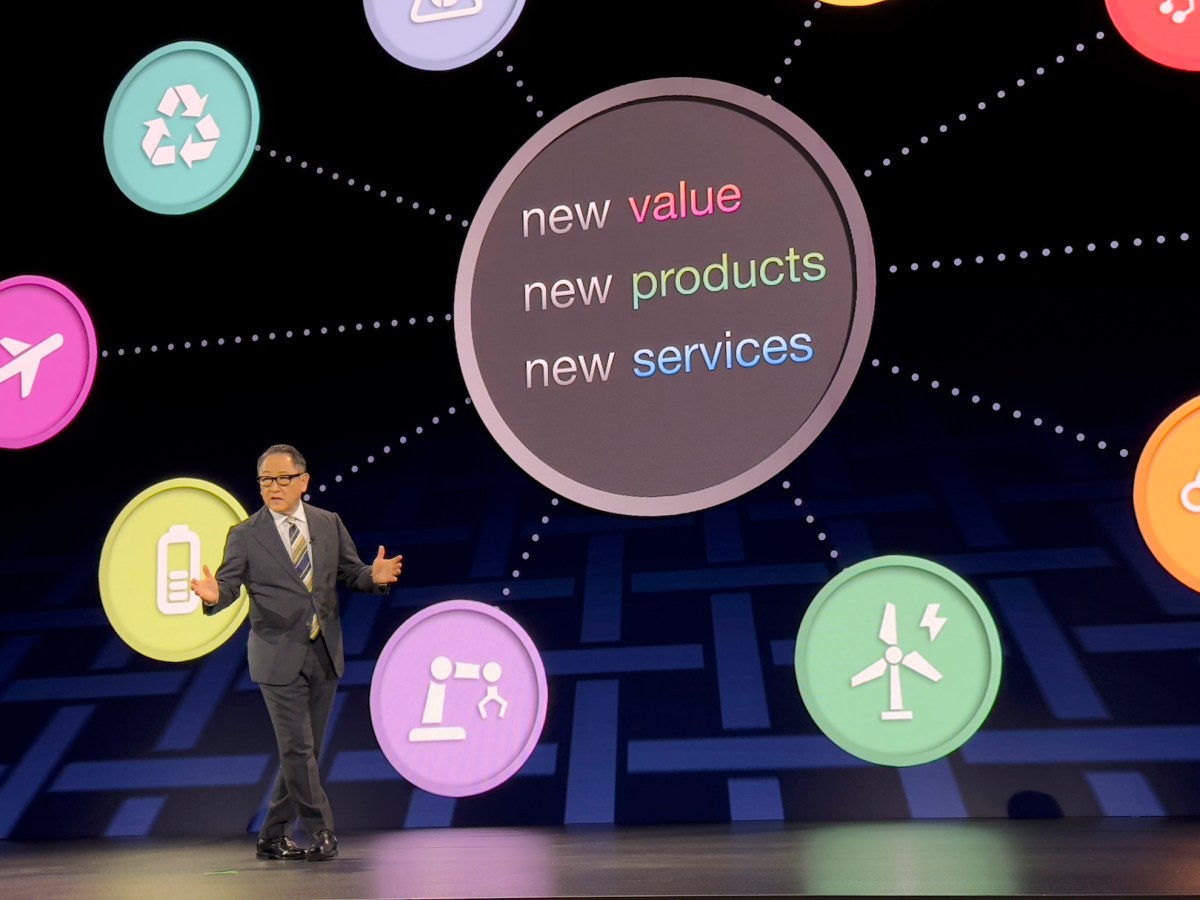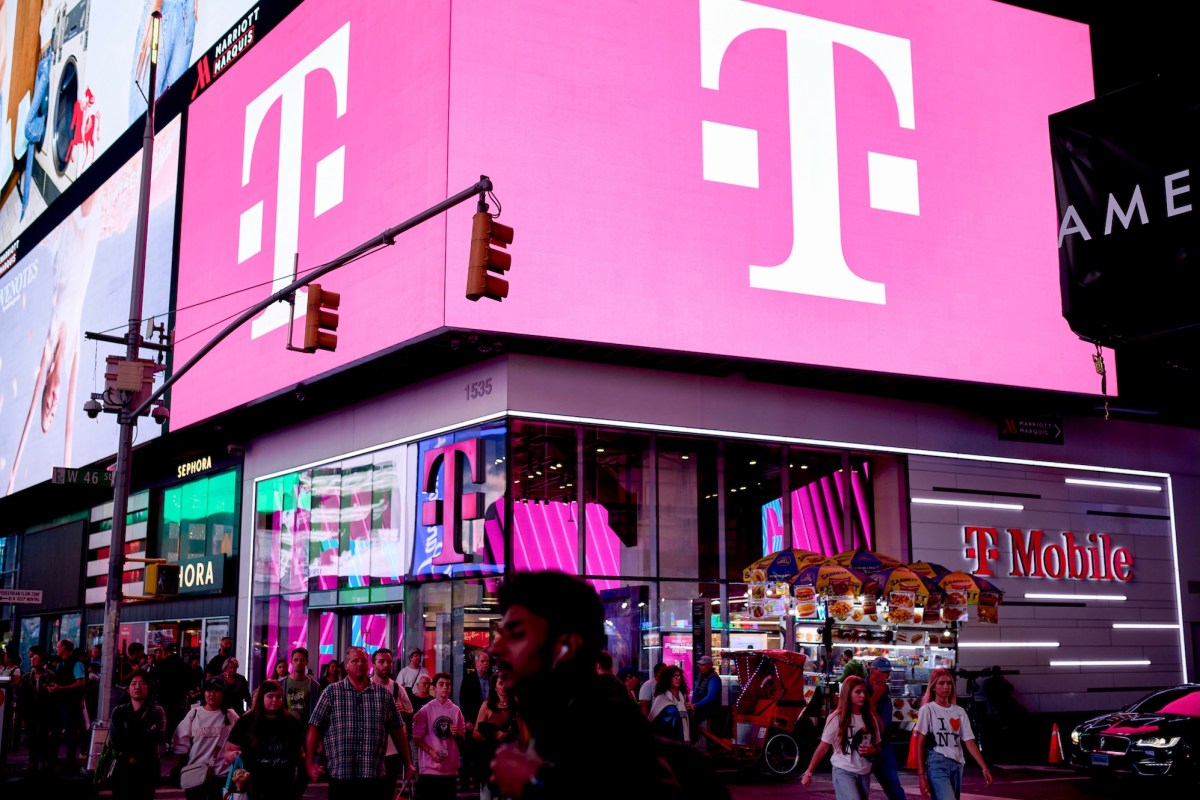from the that’s-not-how-any-of-this-works dept
Academics have spent generations warning about what happens when you let journalism and media consolidate in the hands of rich people and corporations. As this season’s election coverage demonstrated, the end result is usually a lazy simulacrum of journalism that looks like real reporting, but tends to reflect ownership interests and (usually) lacks the courage to challenge wealth and power.
The coverage tends to be feckless and shallow. It tends to hew toward false ideological symmetry (what NYU journalism professor Jay Rosen calls the “view from nowhere“). It tends to give short shrift to issues like labor and consumer rights, and extra attention and credence to corporatist beliefs. It very often demonstrates sexist, classist, and racist bias. It’s generally not subtle.
When white male billionaires jump into the news business they are conditioned to see none of this. Most of the time, as we’ve seen with outlets like Politico (run by German billionaire CEO Mathias Döpfner) they’ll generally whine about “bias,” but believe most of the bias in journalism is coming from “the left” end of the ideological spectrum (too much “divisive” coverage about class and race issues).
To fix this incorrectly perceived bias they’ll generally shift news coverage further rightward. We’ve seen it at CNN, CBS, and even “progressive” Comcast-owned MSNBC, which have responded to authoritarianism by becoming even less critical of the right wing. That includes the Los Angeles Times, which, under the ownership of billionaire Patrick Soon-Shiong, is kissing up to Trumpism and Elon Musk.
When guys like Soon-Shiong try to justify this, they’ll generally complain that they believe news has become “too biased” and opinionated generally:
“Soon-Shiong said major publishers have so far failed to adequately separate news and opinion, which he suggested “could be the downfall of what now people call mainstream media.”
But again, their idea of “fixing” that bias (as we’ve also seen at The Messenger or Semafor) usually involves kissing up to Republicans, and making their coverage even more feckless in a way that doesn’t offend advertisers, readers, or event sponsors. A lot of the eroded trust in media is because major consolidated outlets don’t tell the truth, not because they’re “too opinionated.”
And they don’t tell the truth because the truth is going to upset people. It risks reducing ad engagement. It risks losing some readership. It risks upsetting advertisers. It risks upsetting sources or event sponsors. But most importantly the truth risks upsetting rich billionaires if the stories ask questions like “why do billionaires exist” and “why don’t rich people pay enough taxes.”
More recently, Soon-Shiong has proposed using “AI” (half-cooked language learning models that lack genuine understanding) to “fix” bias in the newsroom. He recently proposed using AI to magically remove all bias in an article with the click of a button:
“Soon-Shiong, the biotech billionaire who acquired the Times in 2018, told CNN political commentator Scott Jennings — who will join the Times’ editorial board — that he’s been “quietly building” an AI meter “behind the scenes.” The meter, slated to be released in January, is powered by the same augmented intelligence technology that he’s been building since 2010 for health care purposes, Soon-Shiong said.
“Somebody could understand as they read it that the source of the article has some level of bias,” he said on Jennings’ “Flyover Country,” podcast. “And what we need to do is not have what we call confirmation bias and then that story automatically, the reader can press a button and get both sides of that exact same story based on that story and then give comments.”
Of course since AI is mostly a simulacrum of knowledge, it can’t “understand” much of anything, including bias. There’s no possible way language learning models could analyze the endless potential conflicts of financial or ideological interests running in any given article and just magically fix it with a wave of a wand. The entire premise is delusional. It’s a sales pitch for Soon-Shiong’s software and competency.
It sounds like a more glorified version of what Newsweek is doing. Newsweek was purchased by Republicans and hollowed out some time ago, and is now a shell of its former self. It recently launched an adorable “bias meter” that lets readers complain if an article is biased, then demonstrates a little meter indicating whether the article has bias:

The random opinions of passersby upset because an article challenges their priors is, of course, in no way scientific. You might as well have a “pixie dust meter” for all the good something like this accomplishes. What this does accomplish is distract the readership from the real bias generally at major outlets owned by out of touch rich people: bias toward corporate power and in favor of the extraction class.
We’re seeing in real time how rich, right wing men are buying up newsrooms and hollowing them out like pumpkins, replacing real journalism with a feckless mush of ad-engagement chasing infotainment and gossip simulacrum peppered with right wing propaganda. It’s not at all subtle, and was more apparent than ever during the last election cycle.
Republicans have long worked the refs, accusing absolutely any criticism of (often unpopular) Republican ideology as having a “liberal bias.” That’s evolved in the internet era into declaring that any content moderation of race-baiting right wing propaganda or hate speech is “censorship.” It’s all part of the same game designed to work the refs and erode informed consensus.
The cure for this is stuff like media consolidation limits and ownership diversity requirements. Education reforms akin to what Finland is doing teaching critical media literacy at a young age. Antitrust reform. Taxing billionaires and considering publicly funding journalism. And most importantly: creative new funding models for independent journalism unafraid to speak truth to power.
Filed Under: ai, bias, consolidation, fairness meter, journalism, media, mergers, patrick soon-shiong, reporting
Companies: la times, newsweek









Leave a Comment